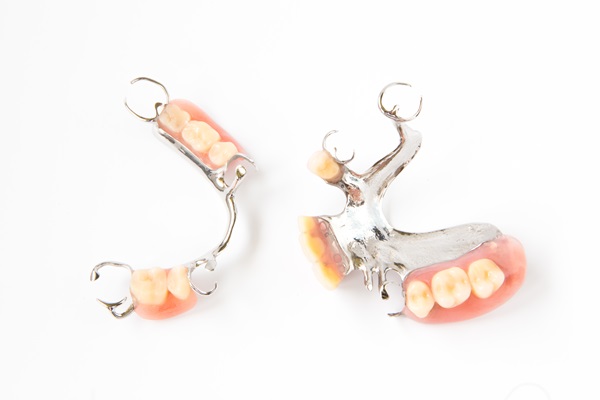Why a Family Dentist Wants Your Child to Avoid Sugar

Any family dentist will tell you that your child needs healthy teeth to chew food, speak and have a beautiful smile. A good diet is vital for your child’s growth and development. Your child needs food from all the major food groups to stay healthy and grow properly. However, most foods, including vegetables or milk, have some type of sugar, which can cause a host of problems for your child.
Tips from a family dentist for avoiding sugar
Many people know eating too much sugar can lead to tooth decay. However, only a small number of individuals are aware of exactly what happens. The sugar itself does not do damage, but rather the events that take place after a person drinks or eats foods containing sugars. Here are some tips for preventing tooth decay from hijacking a child’s oral health.
Cavities
Tooth decay can be an issue for children and adults. Plaque forms constantly on the teeth. When a person eats or drinks foods containing sugars, the bacteria in plaque end up producing acids that attack the tooth enamel. The plaque’s stickiness keeps the acids in contact with the teeth and after some time the enamel eventually breaks down. At this point, cavities can form.
Cavities cause a person’s teeth to experience a hole in them. Cavities can be treated in different ways depending on the extent of tooth decay. However, without treatment, cavities often progress past the enamel and into the tooth’s deeper layers. This can cause pain and even tooth loss.
Tips for preventing cavities
Avoiding or cutting down on sugary foods can help prevent cavities. Sugary foods, candy and juices erode enamel and cause cavities. If children eat sugary foods, they should brush their teeth or rinse their mouth just after eating to wash away the sugar. If a parent plans to give a child any sweets, the sweets should be given as desserts immediately after a meal. There is often more saliva in the mouth around mealtime, which makes it easier to wash away food particles.
A parent should use fluoride and floss and brush a child’s teeth. Fluoride helps reverse early decay. After the tooth is formed, fluoride application helps remineralize the surface. This typically means returning minerals to a person’s teeth. Minerals can keep the teeth strong and therefore help prevent tooth decay.
Saliva also contains minerals such as phosphates and calcium that help repair the teeth. Stimulating saliva flow is beneficial because it can help bathe a person’s teeth in minerals. Eating vegetables and fruits and chewing sugarless gum are ideal ways to salivate. Yogurt, cheese and other dairy products also contain phosphates and calcium that can strengthen teeth.
Takeaway
To help keep cavities away, control the amount of sugar your child consumes. You should encourage your child to avoid sugary foods and drinks, brush and floss regularly and eat healthy foods that strengthen the teeth. Visiting your family dentist periodically for professional cleanings is also recommended. These tips can help prevent the negative effects of sugar on your child’s teeth.
Request an appointment here: https://sandimassedation.com or call San Dimas Family and Sedation Dentistry at (909) 305-2300 for an appointment in our San Dimas office.
Check out what others are saying about our services on Yelp: Read our Yelp reviews.
Recent Posts
Today, with increasing importance placed on dental aesthetics, there are many reasons why one may consider a trip to the cosmetic dentist. The desire for good-looking teeth is important as beautiful smiles are known to contribute to a person's overall well-being and positive self-image. There are many different avenues for fixing an imperfect smile. In…
An article by GlaxoSmithKline Consumer Healthcare states that more than 18 million people wear partial dentures. Anyone who has been considering getting partials to improve their speech, ability to chew, and even their appearance is not alone. It helps to have the proper information beforehand, though. Partials are created from a wide variety of materials, each…
Dental bridges offer a reliable and effective solution for replacing missing teeth. A missing tooth, whether caused by injury, decay, or other dental issues, can impact the health and appearance of your smile. Fortunately, dental bridges can help restore your oral health. Here are five benefits of choosing dental bridges as your tooth replacement option.Dental…
Individuals suffering from damaged or unsightly teeth may benefit from receiving dental crowns. This straightforward and relatively common procedure can help restore the look and function of healthy, natural teeth. While a variety of components may be used to form dental crowns based on the patient's individual preferences and needs, the installation process is usually…


